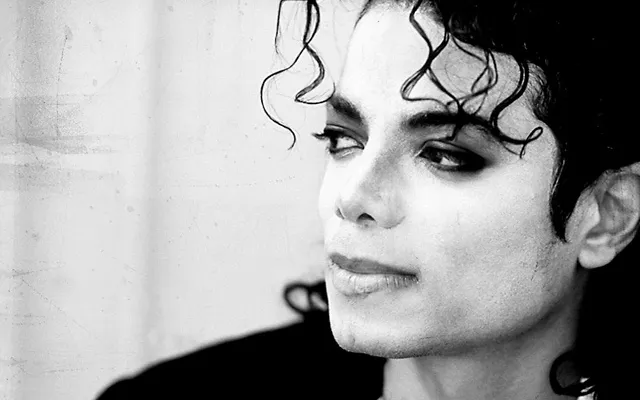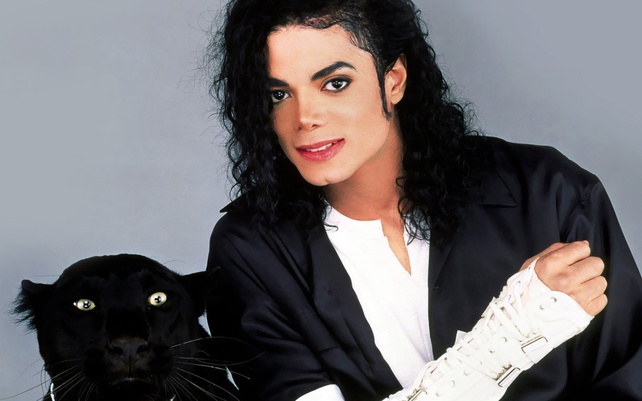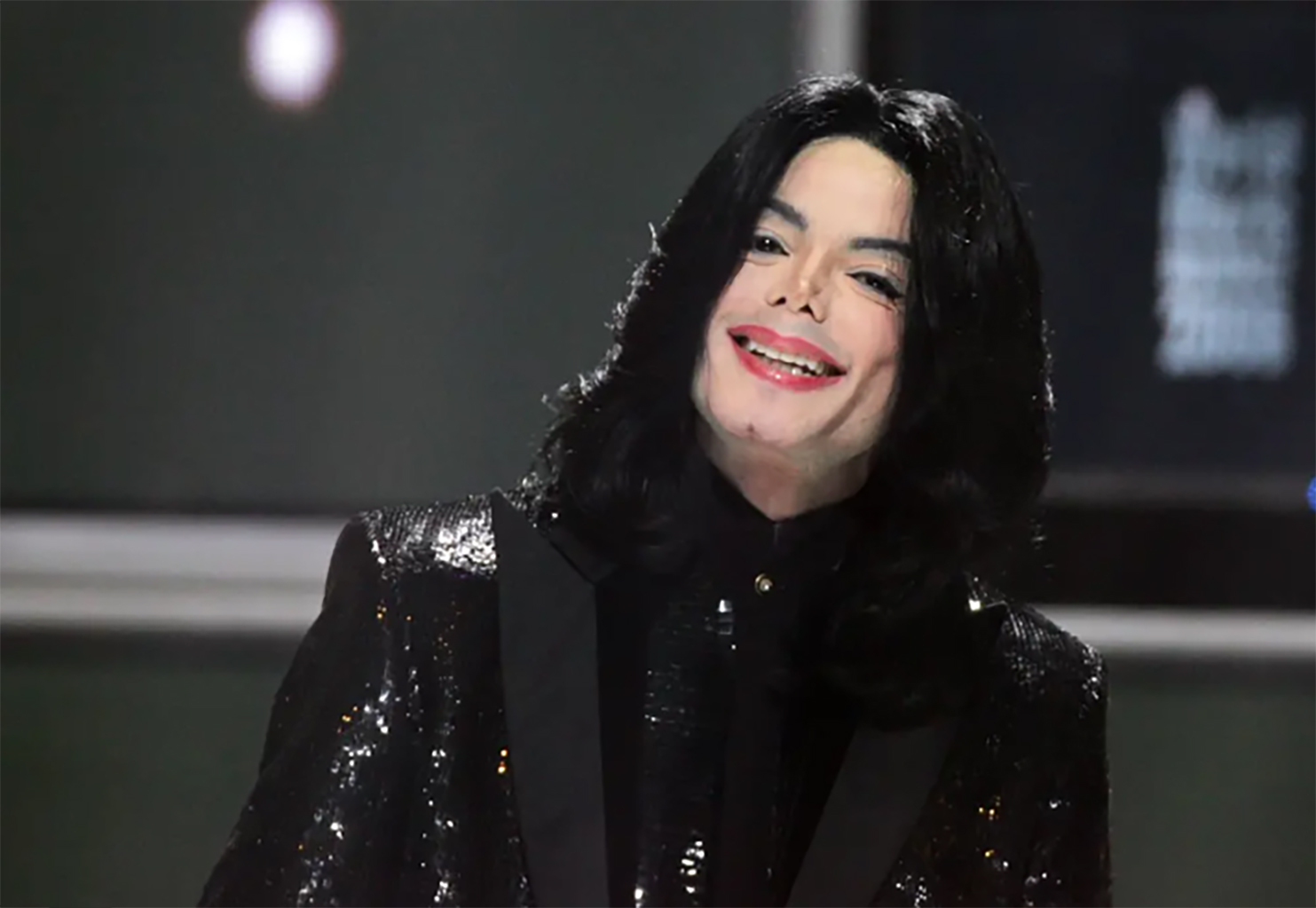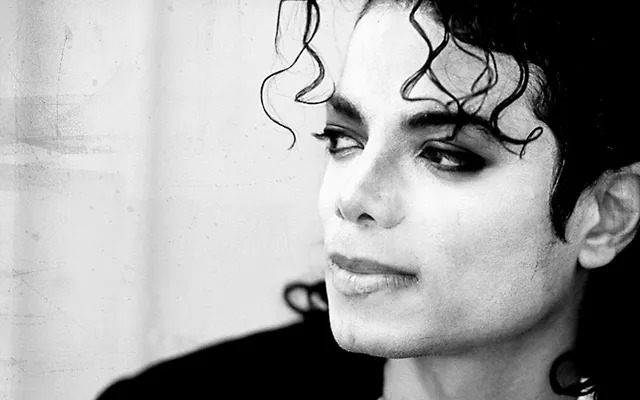A recent online video clip involving global music icon Beyoncé has triggered widespread interest and debate, as it appears to reference the long-standing and unfounded conspiracy theory that Michael Jackson, the legendary “King of Pop,” is still alive. The footage, circulated widely on social media platforms, has led to trending hashtags and extensive public discussion. However, experts and official records provide a clear and consistent account: Michael Jackson died in June 2009, and there is no credible evidence to support claims of him being alive.

Understanding the Viral Moment
Social media users were abuzz when a short video clip appeared to show Beyoncé discussing the music industry in broad terms. Some online accounts, without verification, claimed the clip referenced private knowledge of Michael Jackson being alive and possibly residing in a property owned by Sean “Diddy” Combs. These interpretations quickly gained traction across platforms like X (formerly Twitter), TikTok, and Instagram, despite the lack of any official statement or credible corroboration.

What Was Actually Said?
At the time of writing, no official footage, interview, or press release from Beyoncé or her representatives confirms any such allegation. As of June 2025, Beyoncé has not publicly claimed to possess video evidence of Michael Jackson being alive, and no reputable news organization has published such a report.
In fact, several outlets, including Reuters, AP News, and BBC, have repeatedly debunked similar conspiracy theories involving high-profile celebrities. A comprehensive investigation into Michael Jackson’s death was conducted in 2009 by the Los Angeles County Coroner’s Office, which officially determined the cause of death to be acute propofol and benzodiazepine intoxication. His passing was certified by medical and legal authorities and was covered globally by major outlets such as CNN, NBC News, and The New York Times.

The Dangers of Misinformation
According to the World Health Organization and UNESCO, the spread of misinformation—especially involving public figures—can distort public understanding and have serious consequences. False claims about living individuals or deceased celebrities can cause distress to families, fuel harmful narratives, and undermine trust in legitimate journalism.
In this case, the rumor not only implicates Michael Jackson’s legacy but also involves music entrepreneur Sean “Diddy” Combs, who has not commented publicly on the viral narrative. There is no legal or documented evidence connecting Diddy to any secretive activity related to Michael Jackson.
Moreover, the Michael Jackson Estate, which manages the late artist’s intellectual property and public communications, has consistently maintained that the artist passed away in 2009. Any content suggesting otherwise without credible, verifiable proof is considered speculative and misleading.

A Pattern of Celebrity Death Conspiracies
Celebrity death hoaxes have long existed in internet culture. Public figures like Elvis Presley, Tupac Shakur, and Princess Diana have been subjects of similar conspiracy theories, many of which were fueled by unverified images or edited videos. However, academic research from institutions like the Massachusetts Institute of Technology (MIT) and the University of Oxford has shown that such theories often arise from a combination of nostalgia, cultural fascination, and the viral dynamics of social media—not from fact-based investigation.
Michael Jackson’s case is among the most frequently referenced in online conspiracy forums, despite no credible developments supporting these narratives in over a decade since his passing.

Beyoncé’s Public Image and Media Ethics
Beyoncé is widely recognized for her privacy, professionalism, and carefully curated public appearances. Her foundation, the BeyGOOD Initiative, focuses on education, disaster relief, and equity. She has seldom engaged in controversial or sensationalist content.
Reputable entertainment outlets such as Billboard, Rolling Stone, and Variety have noted that Beyoncé maintains a strict control over her media communications. It would be highly unusual for her to make an extraordinary claim about another public figure—especially one as consequential as Michael Jackson—without substantial and credible proof, legal vetting, and public context.
As of now, no video or transcript of the alleged interview exists in any credible outlet. The narrative appears to stem from misinterpretations or deliberate fabrications amplified by social media virality.

The Role of News Consumers
Media literacy remains critical in the digital age. According to the Pew Research Center, a growing number of people receive news through social media, where algorithms often prioritize sensational content over verified information.
Experts recommend the following practices when encountering viral claims:
-
Check the source: Is the video from a reputable news organization?
-
Look for official statements: Has the individual or their representatives responded?
-
Cross-verify with known facts: Are there public records, such as death certificates or court proceedings, that confirm or disprove the claim?
In this case, public records and credible journalism strongly affirm that Michael Jackson passed away on June 25, 2009, and no verifiable evidence has since emerged to suggest otherwise.

Legal and Ethical Implications
Spreading unsubstantiated claims about public figures—especially concerning sensitive topics like death—can have legal implications, including defamation, reputational damage, and emotional distress to surviving family members.
The Digital Millennium Copyright Act (DMCA) and laws related to defamation in the U.S. and other jurisdictions provide recourse against false narratives spread online. Platforms like YouTube, Meta, and TikTok also have misinformation policies aligned with international standards that can result in content takedowns or account suspensions.
If any false narrative is found to be harmful, legal teams representing Beyoncé, the Jackson estate, or Diddy could pursue appropriate action.

Conclusion: Separating Fact from Fiction
While viral rumors may generate attention, it is essential to prioritize facts over sensationalism. As of this writing, there is no credible or official evidence that Michael Jackson is alive, nor has Beyoncé made any verifiable public claims to that effect. Such assertions, when unsupported by facts, should be viewed critically and responsibly.
Fans of Michael Jackson, Beyoncé, and Diddy are encouraged to rely on reputable news sources and official channels for accurate updates. The enduring legacies of these artists deserve to be preserved with integrity, not distorted by misinformation.
Sources:
-
Los Angeles County Coroner’s Office Report on Michael Jackson, 2009.
-
Associated Press: Michael Jackson’s Death
-
Pew Research Center: News Use Across Social Media Platforms
-
Congressional Research Service: Defamation and the First Amendment (2023)
-
World Health Organization: Infodemic Management Guidelines (2022)
